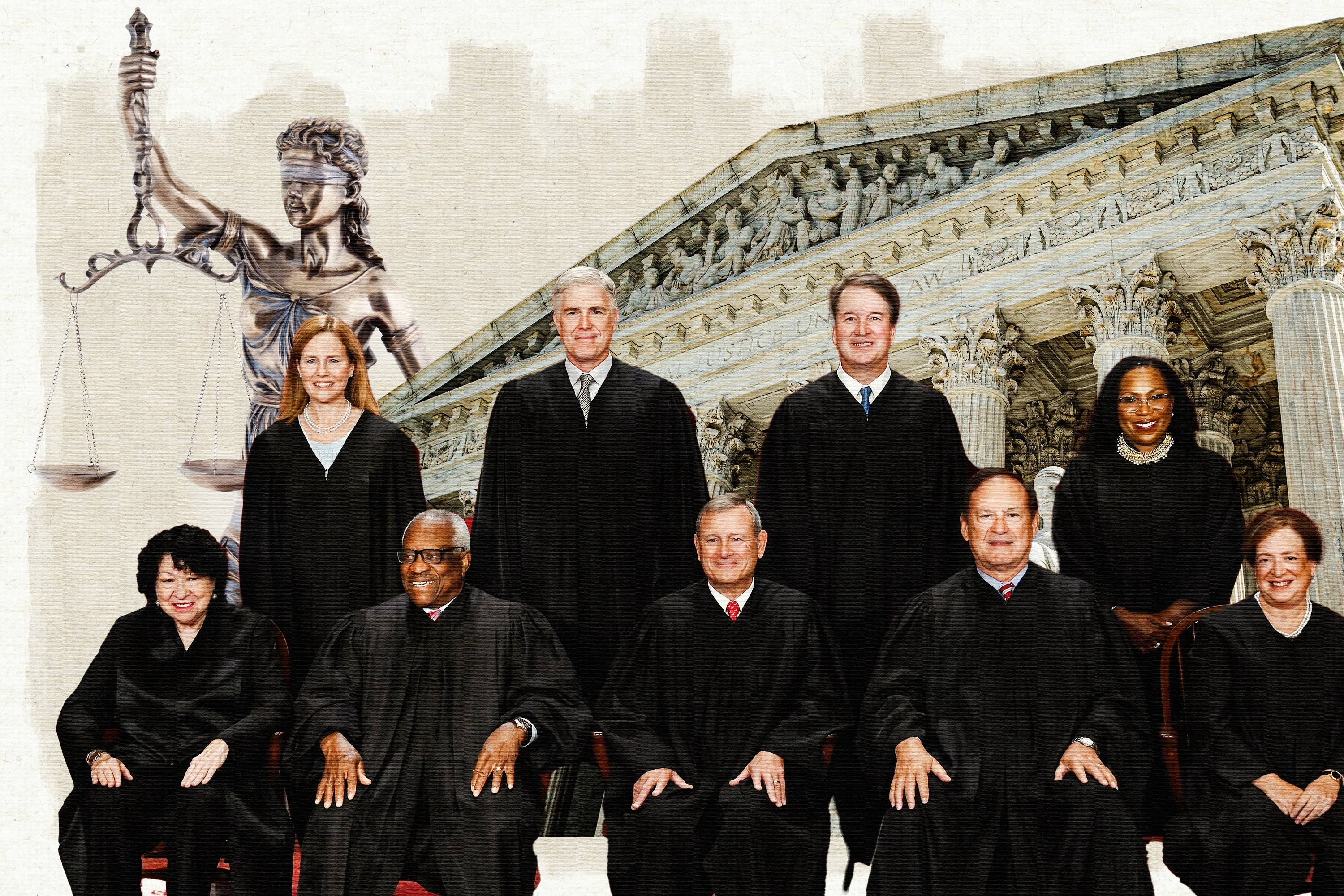The U.S. Supreme Court has taken up several cases this term that pose challenges to the administrative state, following years of concerted legal and political opposition to its legitimacy.
Specifically, the justices are set to reevaluate the decades-old doctrine known as Chevron deference. This involves the case Chevron v. Natural Resources Defense Council, which has been cited more than 18,000 times by federal courts and is “unquestionably one of the foundational decisions in administrative law,” according to the Congressional Research Service.










